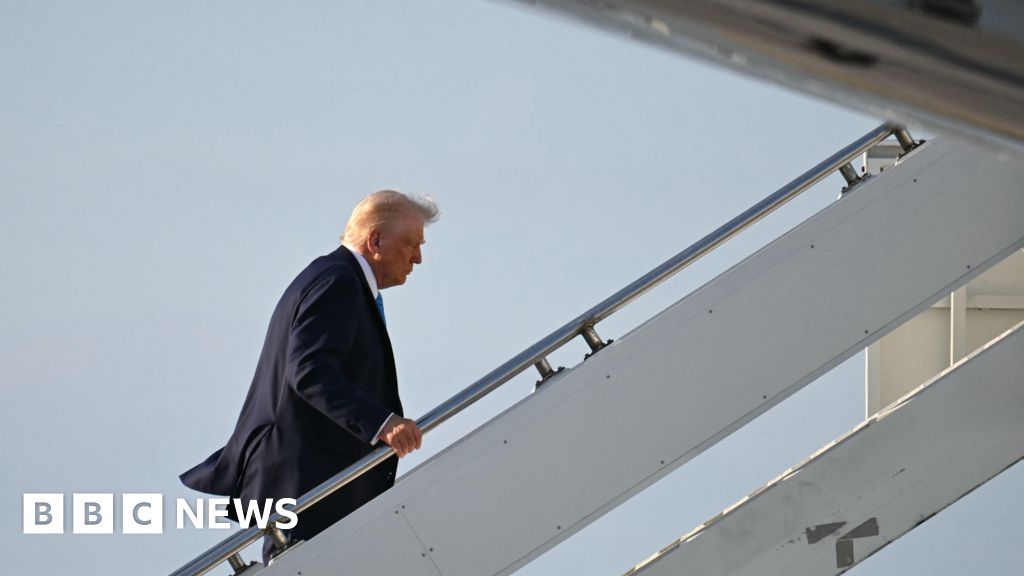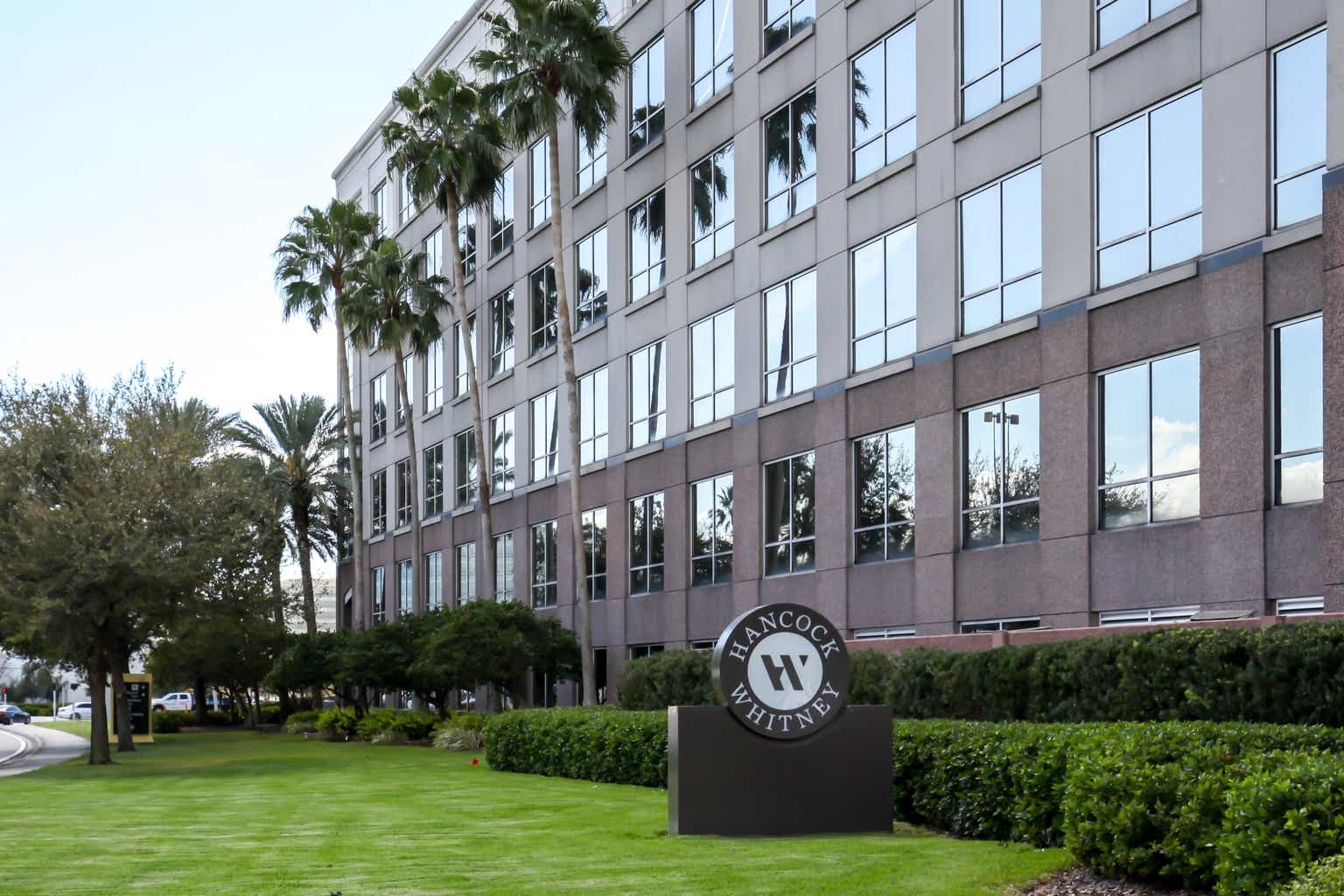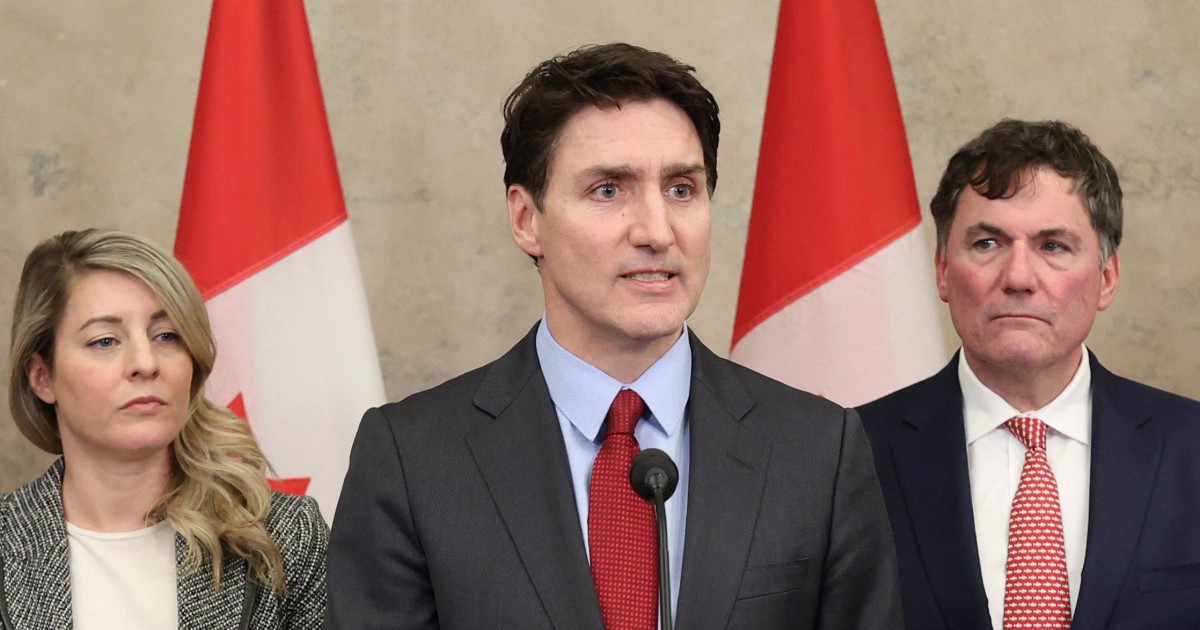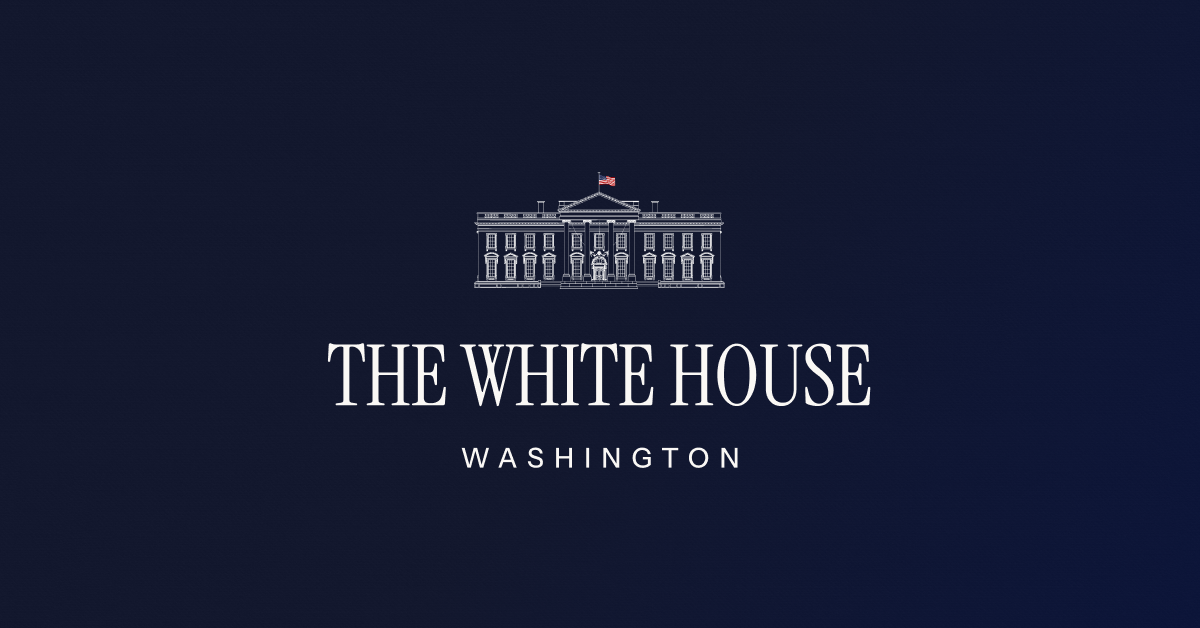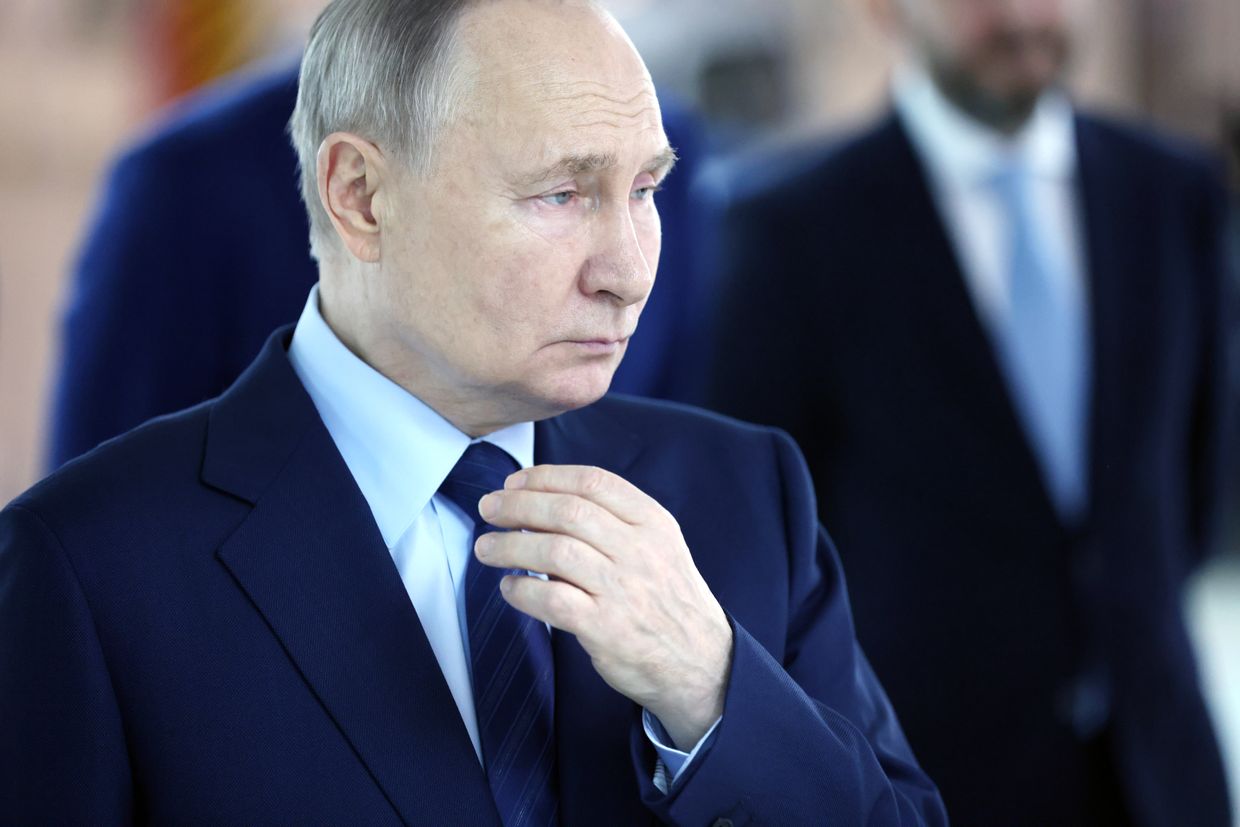WASHINGTON — Hours after President Donald Trump signed executive orders implementing tariffs on goods from Canada, Mexico and China, the three countries slammed the move and promised retaliatory measures.
U.S. allies Canada and Mexico said they would implement their own tariffs in response to Trump’s, a move that signals further economic upheaval among the close trading partners. China, a U.S. competitor, did not mention retaliatory tariffs or other specific measures but said it would file a lawsuit with the World Trade Organization and enact “necessary countermeasures.”
Citing their role in the flow of fentanyl and undocumented immigrants to the United States, Trump announced a 25% tariff on imports from Mexico and Canada — excluding Canadian energy products, which would face a 10% tariff. He also implemented a 10% tariff on imports from China for the same reason.
The United States will begin collecting most of the tariffs Tuesday, with some exceptions. The White House said they would remain “until the crisis is alleviated,” without elaborating.
Mexico, Canada and China together accounted for more than 40% of total U.S. imports last year. Tit-for-tat tariff announcements from their leaders could send prices soaring for consumers both in the United States and abroad, affecting the costs of items such as food, electronics and cars.
So far, Canadian Prime Minister Justin Trudeau has been the only leader to lay out details for what the response will look like. Trudeau announced Saturday night that Canada would respond to Trump’s decision to enact a 25% tariff on Canadian exports to the United States by implementing a 25% tariff against $155 billion Canadian worth of U.S. goods, which would be about $106 billion U.S.
Trudeau said at a news conference that the tariffs on American goods include “immediate tariffs on $30 billion worth of goods as of Tuesday,” the day the United States is set to begin collecting tariffs on Canadian goods. He said the rest of the tariffs will come in about three weeks “to allow Canadian companies and supply chains to seek to find alternatives.”
“Like the American tariffs, our response will also be far-reaching and include everyday items such as American beer, wine and bourbon, fruits and fruit juices, including orange juice, along with vegetables, perfume, clothing and shoes,” Trudeau said. “It’ll include major consumer products like household appliances, furniture and sports equipment and materials like lumber and plastics, along with much, much more.”
Trudeau emphasized the long history of the U.S.-Canada alliance and argued that “if President Trump wants to usher in a new ‘golden age’ for the United States, the better path is to partner with Canada, not to punish us.”
He directly addressed Americans, saying Trump’s move “will have real consequences for you, the American people.”
He also encouraged Canadians to think about ways to “do your part,” such as opting for Canadian-made products over American-made products at stores and changing summer vacation plans to stay in Canada.
The White House did not immediately respond to a request for comment on Trudeau’s announcement.
Also Saturday, Mexican President Claudia Sheinbaum said in Spanish on X that she had instructed her secretary of the economy “to implement the Plan B we have been working on, which includes tariff and non-tariff measures in defense of Mexico’s interests.” Details about that plan have not yet been announced.
Sheinbaum also slammed the tariffs, saying on X, “We categorically reject the White House’s slander of the Government of Mexico alleging alliances with criminal organizations, as well as any intention to interfere in our territory.
“Mexico not only does not want fentanyl to reach the United States, it does not want it to reach anywhere,” she added in Spanish.
“Therefore, if the United States wants to combat the criminal groups that traffic drugs and generate violence, we must work together in a comprehensive manner, but always under the principles of shared responsibility, mutual trust, collaboration and above all, respect for sovereignty, which is non-negotiable,” she added. “Coordination, yes; subordination, no.”
Expressing strong opposition to the tariffs, the Chinese Commerce Ministry said Beijing would file a lawsuit with the World Trade Organization “and take necessary countermeasures to firmly safeguard its rights and interests.”
“China calls on the U.S. to correct its mistakes, work toward mutual understanding, engage in candid dialogue, strengthen cooperation, and manage differences on the basis of equality, mutual benefit, and mutual respect,” the ministry said in a statement.
The United States has blocked the appointments of appellate judges to the World Trade Organization for years, leaving it largely unable to mediate international trade disputes. But China could still use a lawsuit to gather international support against the U.S. tariffs.
On Truth Social, Trump attributed his move to “the major threat of illegal aliens and deadly drugs killing our Citizens, including fentanyl.”
The vast majority of fentanyl U.S. Customs and Border Protection seizes has been seized along the southern border, not the northern border, according to a public dashboard from the agency.
Mexico and China say the United States needs to address its domestic demand for fentanyl. Though the Biden administration and China have said Beijing has taken steps to stem the illicit international flow of precursor ingredients, the Chinese Foreign Affairs Ministry suggested the tariffs could jeopardize further progress.
“Additional tariffs are not constructive and bound to affect and harm the counternarcotics cooperation between the two sides in the future,” a spokesperson said in a comment on the ministry’s website.
China, Mexico and Canada are the top three suppliers of imports to the United States, according to the U.S. trade representative’s office. Mexico and Canada are U.S. allies and have long had steady economic relationships with the United States.
Trump promised in November to issue tariffs on goods coming from the three countries. During his campaign, he said he would impose a blanket tariff of up to 20% on imports from other countries and set at least a 60% tariff on Chinese products.
Citing unfair trade practices, Trump imposed tariffs on more than $300 billion in Chinese goods during his first term, resulting in the two countries’ adding retaliatory tariffs on each other in what was dubbed a “trade war.” The Biden administration kept and in some cases expanded on those tariffs.
Though the Chinese government may seek to avoid a trade war while the world’s second-biggest economy is still struggling to recover from the pandemic, there will most likely be domestic pressure to respond. A law that took effect Dec. 1 gives the Chinese government explicit authority to impose retaliatory tariffs if another country adopts tariffs or other measures deemed in violation of international law.
Experts have warned that another series of tariffs could ripple beyond the economy, potentially affecting national security and health initiatives between the two countries.





